Growing up, I didn’t see women like me on TV. Back in the '80s and early '90s, there were few, if any, queer characters in sitcoms. There certainly weren’t any who were butch, unless you want to count some serious closet cases like Jo from The Facts of Life.
When I was in high school — way back in the late '90s, before I was out — a straight friend warned me not to watch the movie Wild Things because it featured two women kissing (that's the tip of the iceberg). The first thing I did was watch it. I don’t remember much, but the scene(s) where beautiful Denise Richards and sultry goth Neve Campbell tongue-wrestle stuck with me. In those days, seeing actresses make out was like watching the moon landing.
Wild Things, with its glossy three-way sex scene involving Matt Dillon, was mostly titillation for male viewers. Seventeen years later you can find ladies making out with each other in the comfort of your living room (yes, in porn but also on regular TV), though it's just as catered to men's tastes as that pulpy 1998 flick was.
When Showtime released The L Word in 2004, it was a major hit, despite no shortage of bad writing. A large part of the show’s success had to do with the fact that it appealed largely to straight viewers. Men for the first time could watch women have sex in a perfectly acceptable way, with their wives or girlfriends beside them. What television viewers have been witnessing the last two decades is a sexual revolution, not a queer one. It’s no secret the entertainment industry borrows from minority experiences and repackages them at its leisure. It embraces lesbian sexuality and discards the rest.
With the exception of Shane (Kate Moennig), who was really an androgynous character, and Max (Daniela Sea), there weren’t many butch characters on The L Word (and this only lasted until Max transitioned to a man). The show’s producers were obviously struggling to make a show about queer women that was still appealing to straight viewers.
Netflix’s Orange Is the New Black, a show about women in prison, features one butch character — Big Boo, played by Lea DeLaria. Crass, obnoxious, and sex-obsessed, DeLaria’s character is the personification of the butch lesbian stereotype. But she is also authentically human in many ways. I go back and forth between liking her and hating her, which is understandable. When I finally meet a character who is sort of like me, she’s in a jail cell. That’s not surprising. Prison is exactly the place many would expect to find someone like Boo. After all, women perceived as too masculine are often seen as bad and deserving of punishment.
The show features a few other masculine-leaning characters, like Stella Carlin (Ruby Rose), who, like Shane, is more androgynous than butch. As a queer character there’s nothing wrong with her. Many lesbians are androgynous, and many see it as beautiful. In some ways, Orange Is the New Black can be applauded for embracing characters who exist outside gender norms. But still, when it comes to the absence of butch characters, there are unfilled gaps.
It wasn’t until I saw The Killing, AMC’s dark crime drama, that I found a butch character I really liked. She’s a tough and scrappy street kid named Bullet (Bex Taylor-Klaus). Bullet is smart, gets into trouble, falls in love, and helps cops solve crimes. But her bravado is all a show — beneath it is a scared girl with a huge heart who wants to do what’s right. When I saw her for the first time in the show’s third season I thought, “There she is! Finally!” But after a few episodes (SPOILER ALERT) they killed her, and that was it.
The world has a real problem with overtly masculine women. It either makes us invisible, locks us up, or kills us off.
I know what you’re thinking: The point of TV is to entertain us, not show us real life. But butch women do have interesting stories. Whether we’re being criticized for reinforcing stereotypes, getting told what to wear, or feeling pressured to pay for dinner on a first date, we face plenty of challenges. The tragedy and humor of these scenarios can make for great storylines that never make it to the scripts.
And let’s not forget real-life butch women who lead fascinating lives in spite of such challenges. Soccer player Abby Wambach helped lead her team to win the the 2015 World Cup. Sally Kohn launched a major news career as a liberal lesbian pundit on conservative Fox News. Casey Legler, a former swimmer, made a successful career as a menswear model. Increasingly, butch women are making a difference and showing their value to the world.
Still, the invisibility of butch women in pop culture is a sad fact, as it is for many minority groups. Not including us is like saying, “You don’t exist.” But masculine women do exist, and we’re everywhere. We deserve to be seen.
JULIE COMPTON is a writer and communications specialist living in New Jersey and New York. Follow her @julieallmighty











































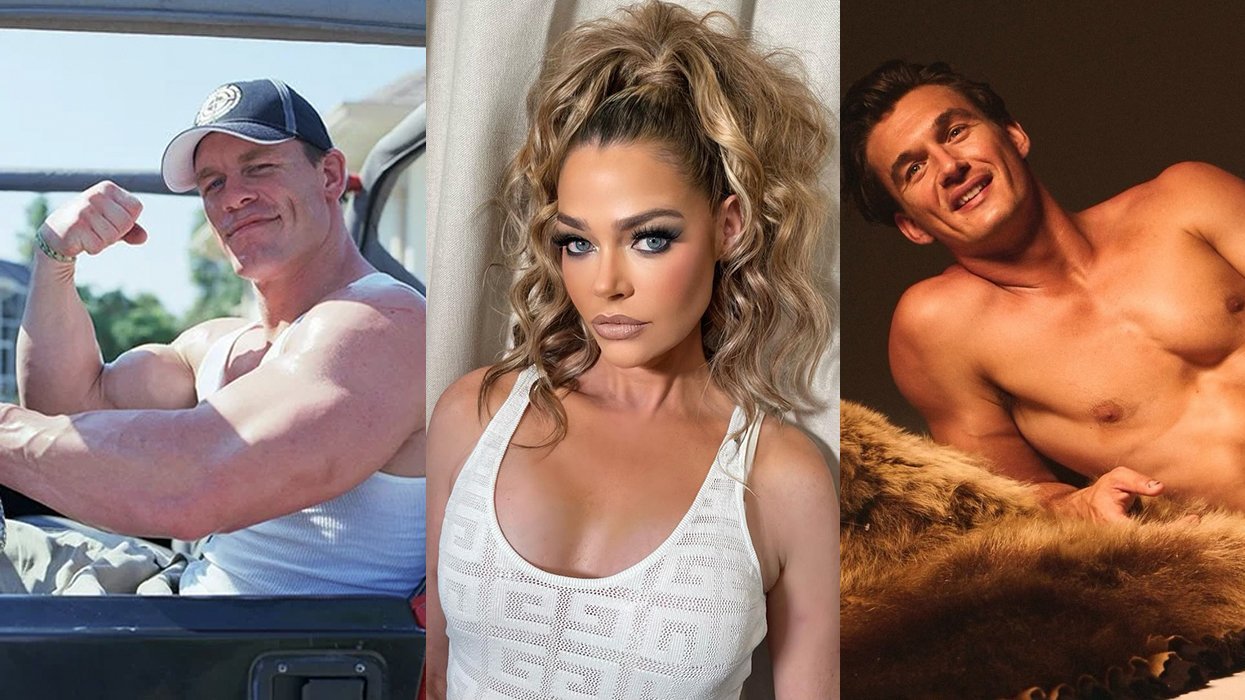
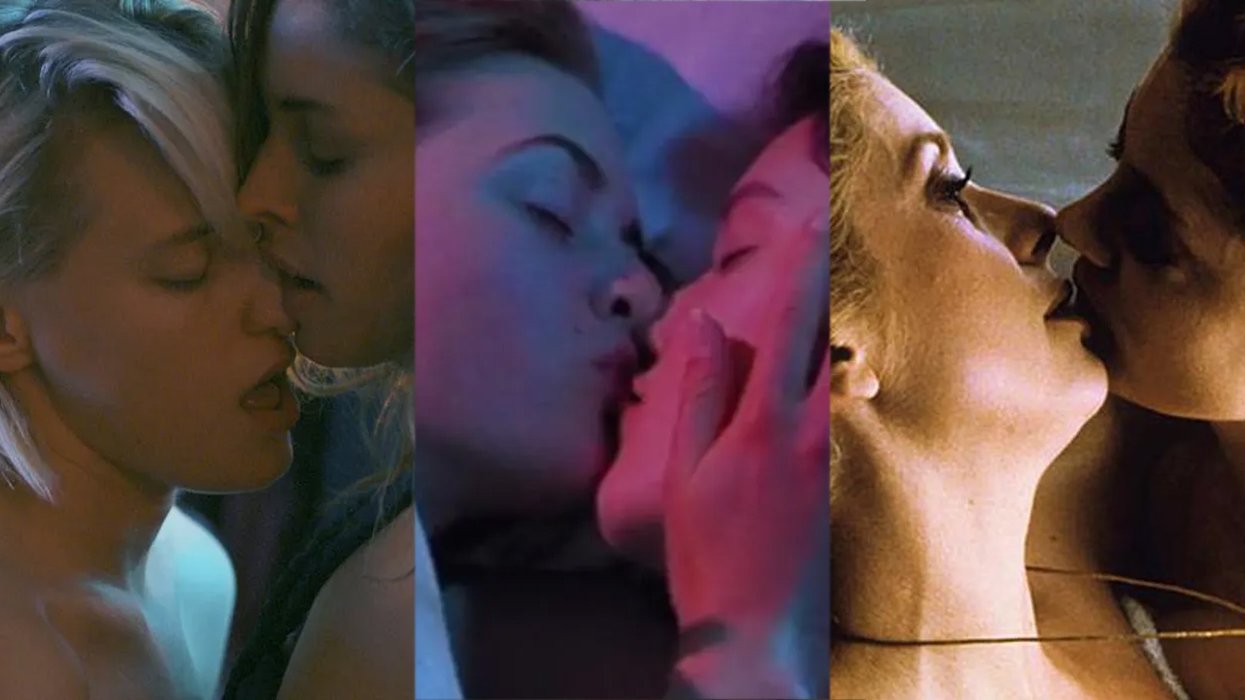
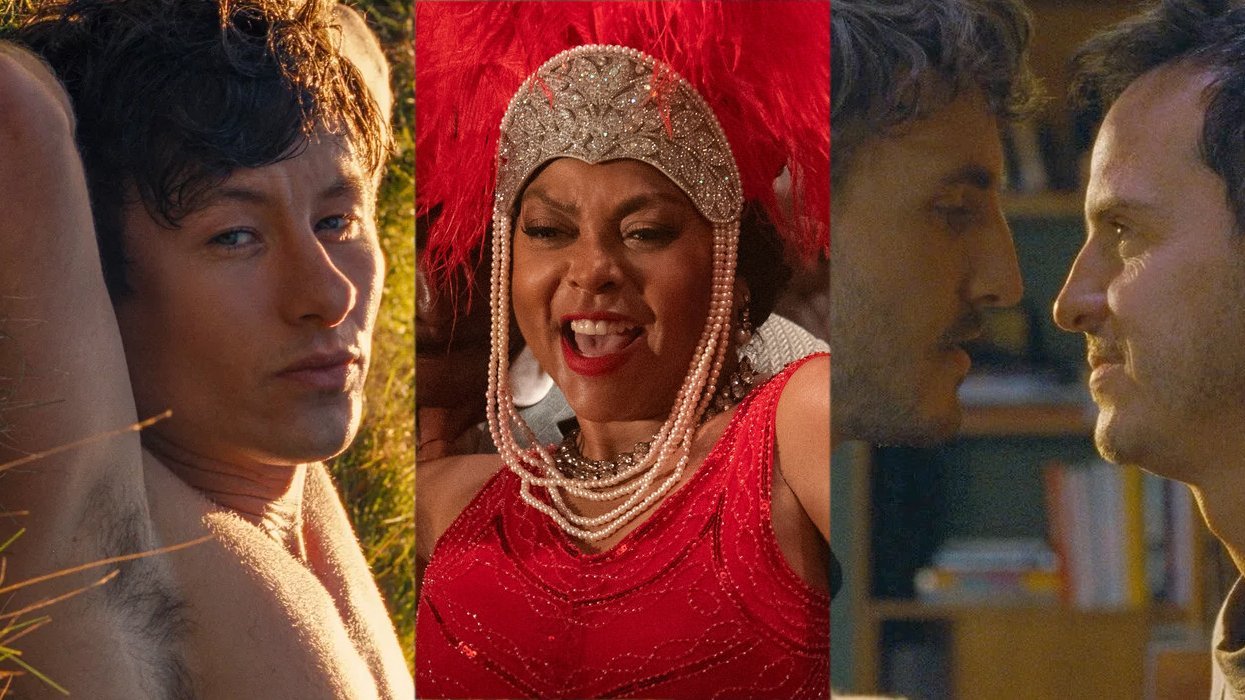
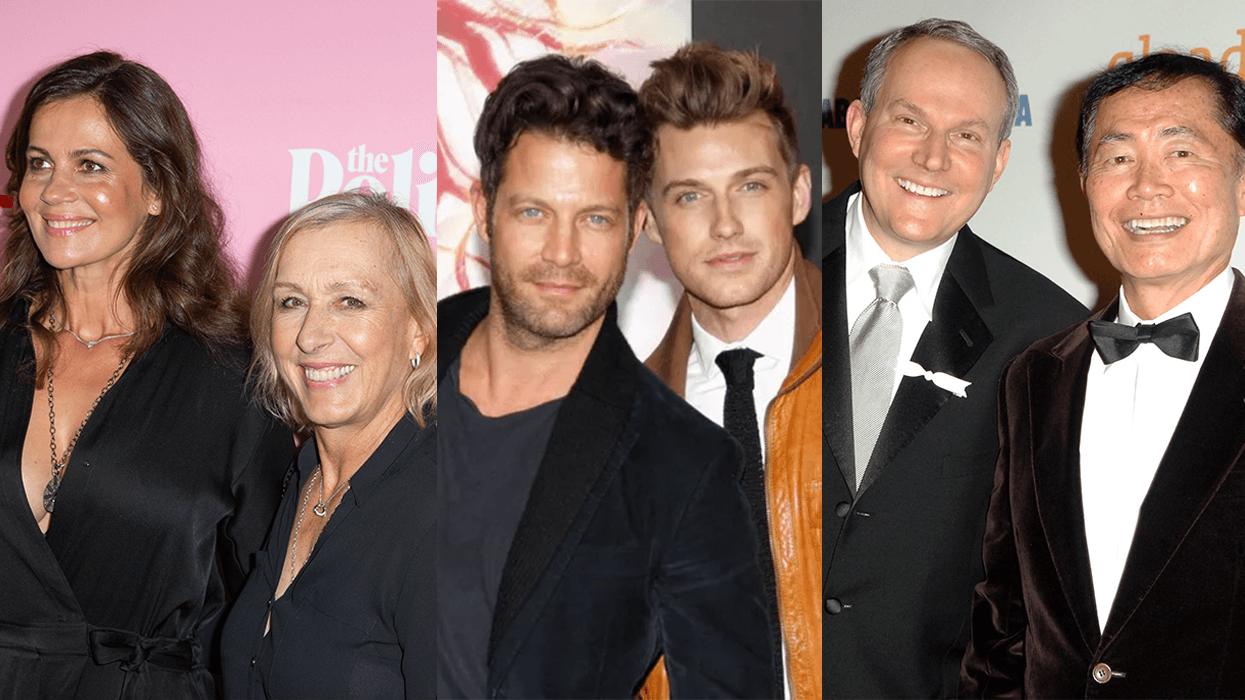

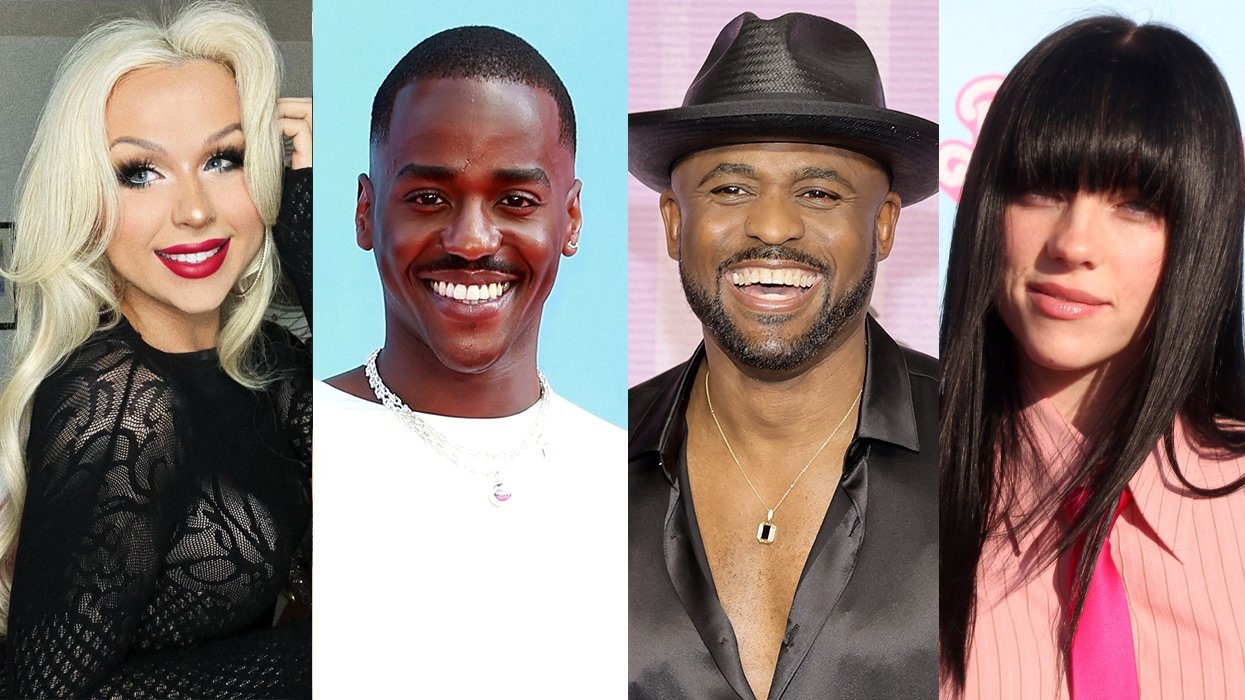
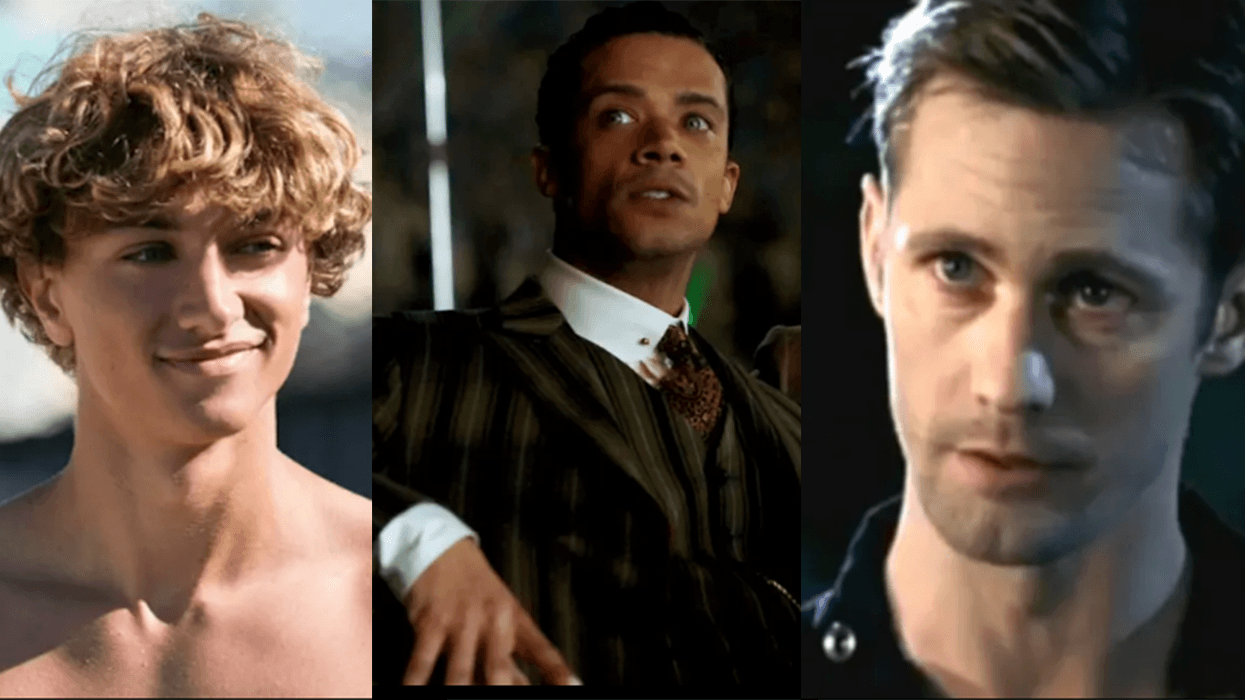
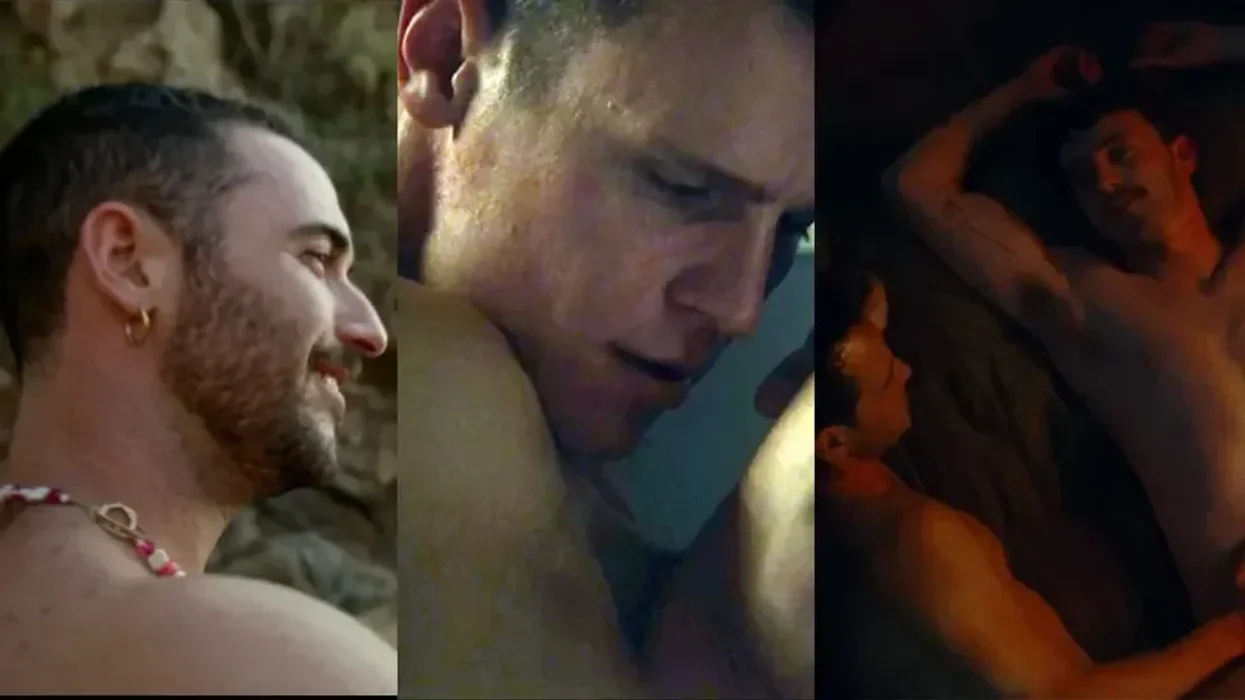
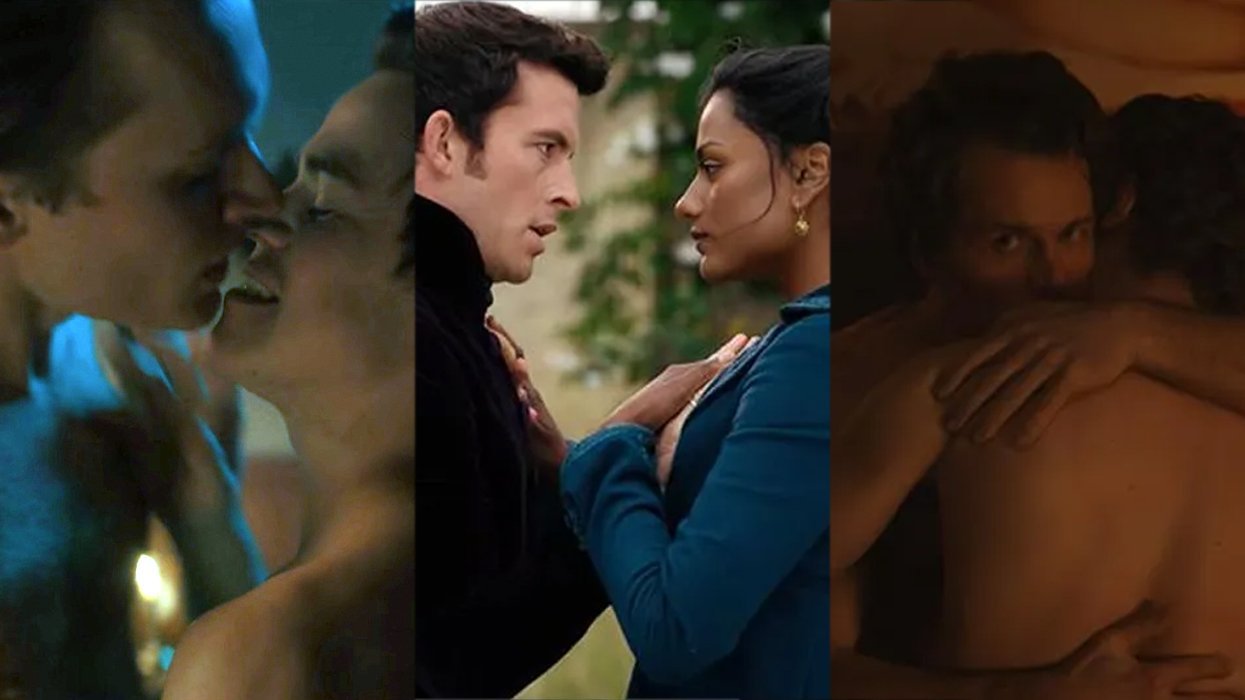
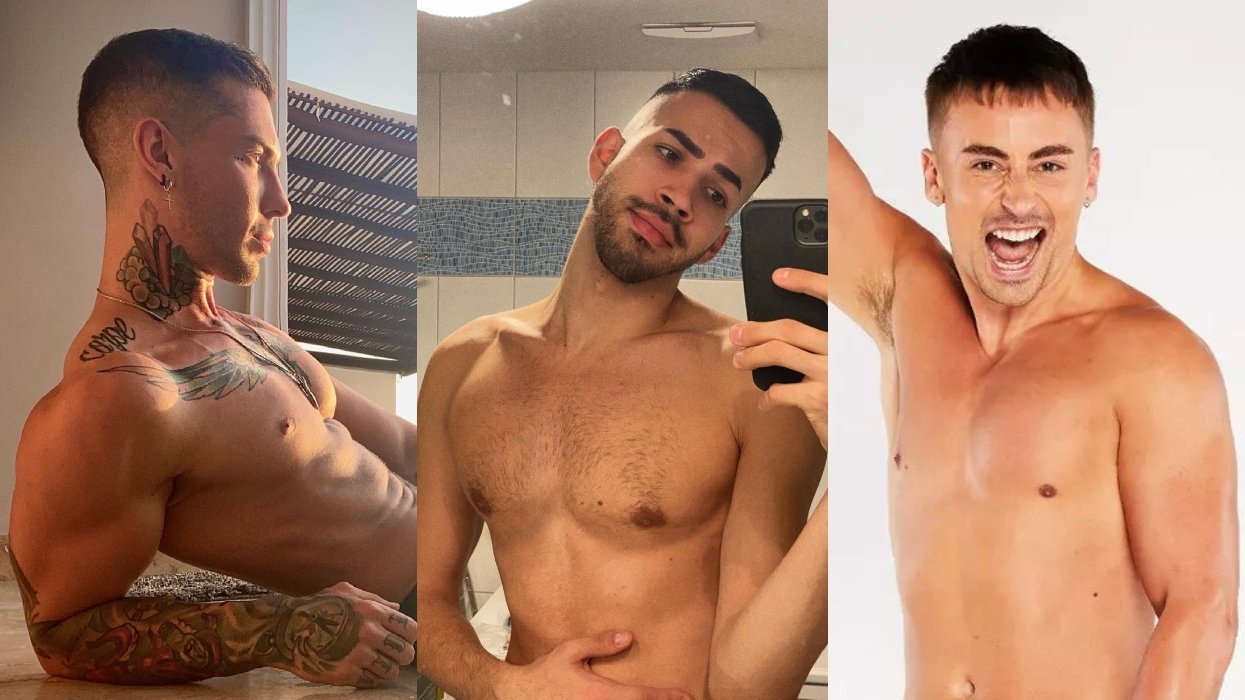
















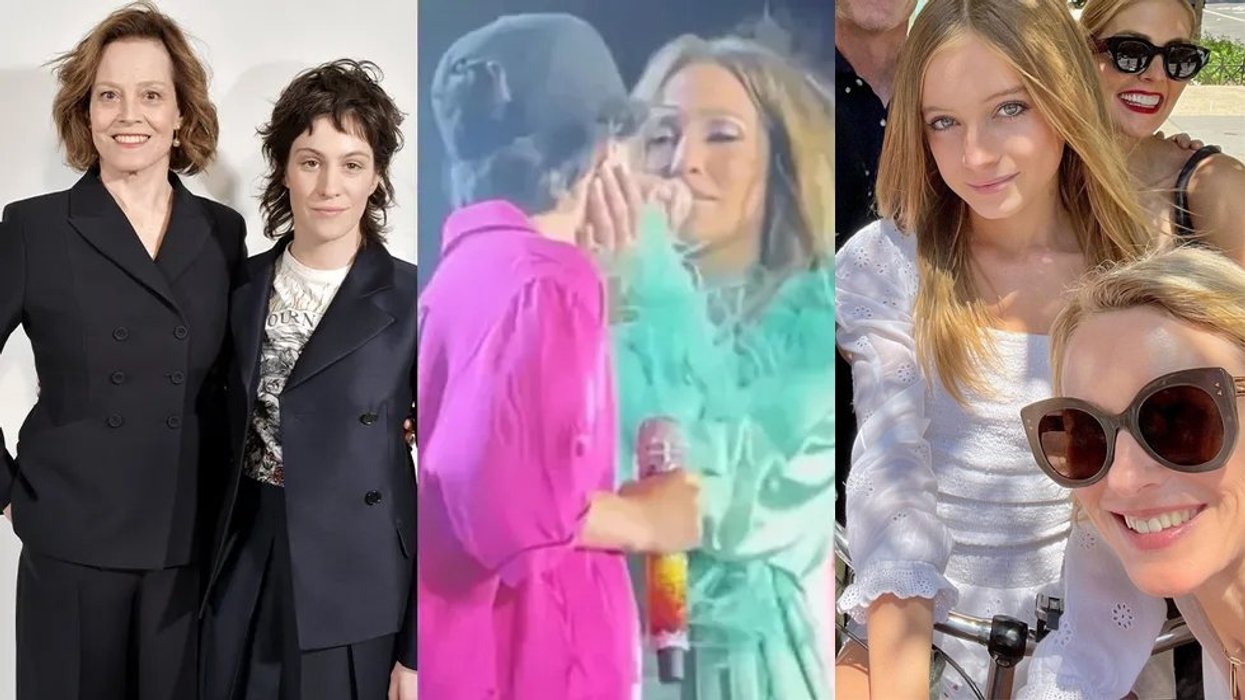







































Justin Bieber, Jaden Smith, & Noah Beck kissed their bros & Twitter melted down, it's 2024 y'all